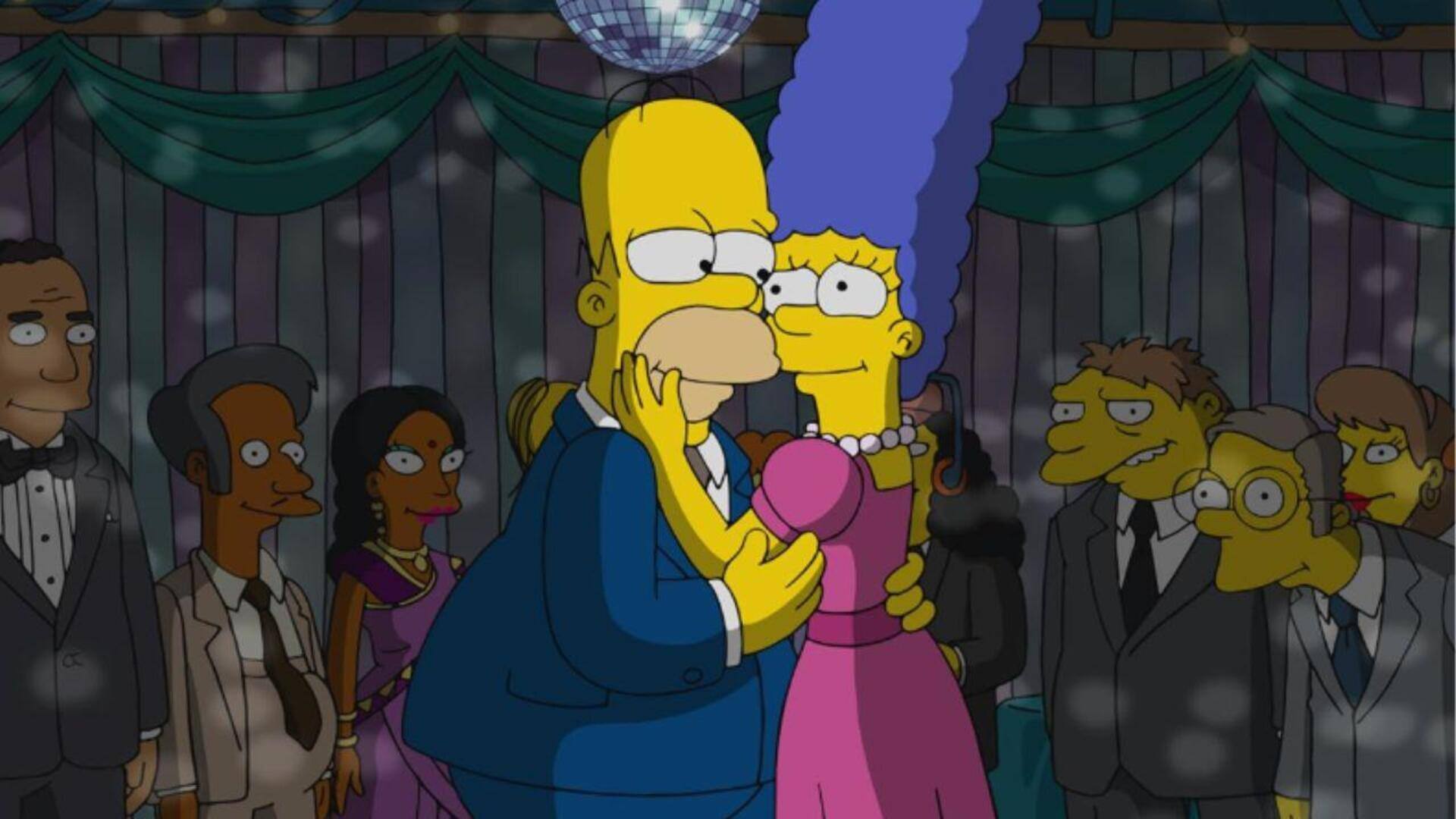
How 'The Simpsons' nails community satire
What's the story
For decades, The Simpsons has been a television staple, famed for its sharp wit and satire on everything from politics to pop culture. Where the show really shines, however, is in its depiction of community. With humor and exaggeration, The Simpsons shows us how communities operate—both good and bad. Here's what the show gets right about community satire and why it resonates with us.
Character insight
Exaggerated characters reflect real life
In The Simpsons, characters are often exaggerated versions of real-life personalities you find in any community. From the bumbling but well-meaning Homer to the overzealous Ned Flanders, these characters highlight common societal archetypes. By amplifying their traits, the show effectively mirrors real-world behaviors and attitudes. This is what makes you reflect on similar individuals you encounter in your own lives.
Social commentary
Social issues through humor
The Simpsons also tackles social issues by weaving them into humorous storylines. Be it environmental concerns or economic disparities, the show uses comedy to make serious topics more approachable. This way, viewers can engage with complex issues without feeling overwhelmed, and think critically about them in a light-hearted context.
Event dynamics
The power of community events
Community events have always been an essential part of The Simpsons, usually acting as plot catalysts. These gatherings demonstrate how communities unite during festivals or crises, showcasing unity and conflict among residents. By depicting these events with humor and chaos, the show highlights the importance of communal activities in building relationships and tackling problems together.
Reflective satire
Satire as a mirror for society
Satire is at the heart of The Simpsons, giving us a mirror to society's quirks and flaws. The show's prowess at poking fun at everything from locals's inefficiencies in government to media sensationalism strikes a chord with audiences who see these issues around them. This reflective satire not only entertains but also makes us question societal norms and think about how we can improve it all.